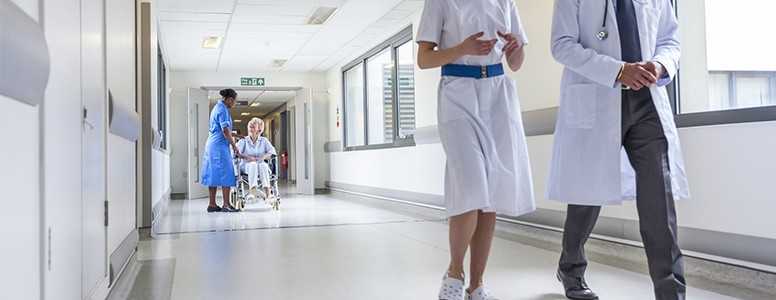A document has been published to ensure people with learning disabilities and diabetes are given the same level of care across the country.
The NHS RightCare Pathway for Diabetes: Reasonable Adjustments for People with a Learning Disability guidance was developed because recent figures suggested diabetes and obesity rates were much higher among people with a learning disability.
The NHS England Learning Disability team worked collaboratively on the document with various health agencies to compile “reasonable adjustments” so those who commission health services have a better understanding of the needs of people with a learning disability.
Some of the suggestions include personalised care planning and structured support programmes. Additionally, healthcare professionals have been urged to ensure a patient has a thorough understanding of their diabetes and that a health professional with specialism in learning disabilities should become involved in delivering the health advice.
The Healthier You: NHS National Diabetes Prevention Programmen, introduced to reduce the number of people in England developing type 2 diabetes, is also being adapted especially for those with learning problems. They will be trialing it across various different areas to see if it makes a difference.
The document said making slight changes for those with a learning disability within the healthcare service could improve detection and treatment rates, as well as reducing diabetes-related complications and lowering the number of doctor and A&E visits.
The authors wrote: “It is the intention of this guidance to outline principles of reasonable adjustments that should be considered for equitable access to an optimal diabetes service by those with a learning disability. The document provides links to intelligence, guidance, tools and examples of good practice.”
It also lays out advice on how to work with the person after they have been diagnosed because hearing the news can be “overwhelming”.
What's new on the forum? ⭐️
Get our free newsletters
Stay up to date with the latest news, research and breakthroughs.




